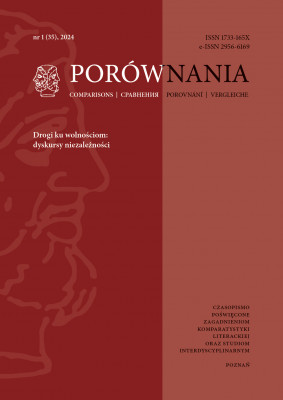Post-Communist Self-Consciousnesss as a Source of Freedom in Polish Theatre after 1989
The period of political and social transformation in Poland poses an enormous challenge for theatre makers. Half a century of our country’s existence within the structures of the Eastern Bloc is a lasting legacy through which the changing reality of the 1990s and subsequent decades can be interpreted. This period left a clear mark of trauma on society, becoming a crucial element of collective identity. After 1989, Poles had to face new challenges and new upheavals. Post-communist self-consciousness is thus understood as an exploration of various emotions related to the experience of the past and the changes that came with the fall of communism.
The need to re-evaluate and reinterpret the historical context, to introduce new political references or to show previously unknown social phenomena allows theatre not only to portray reality, but also to make theatre a space for social dialogue
about moral choices, value conflicts and ethical dilemmas that emerged as a result of the socio-political transformation.
This essay aims to show how Polish theatre used post-communist selfconsciousness as a source of inspiration and reflection on freedom. In this context, it is a complex and multidimensional issue. Apart from questions about its political or social dimension, there are also aesthetic issues. Theatre, in its search fornew forms of expression, reflects the quest for democratisation, open debate and self-definition by individuals and groups. The text also attempts to identify common
themes and trends that shaped Polish theatre after 1989.
| Article Title | Type | Size |
|---|---|---|
| porownania.35.07.KORCZ | [pdf] | [178 KB] |
